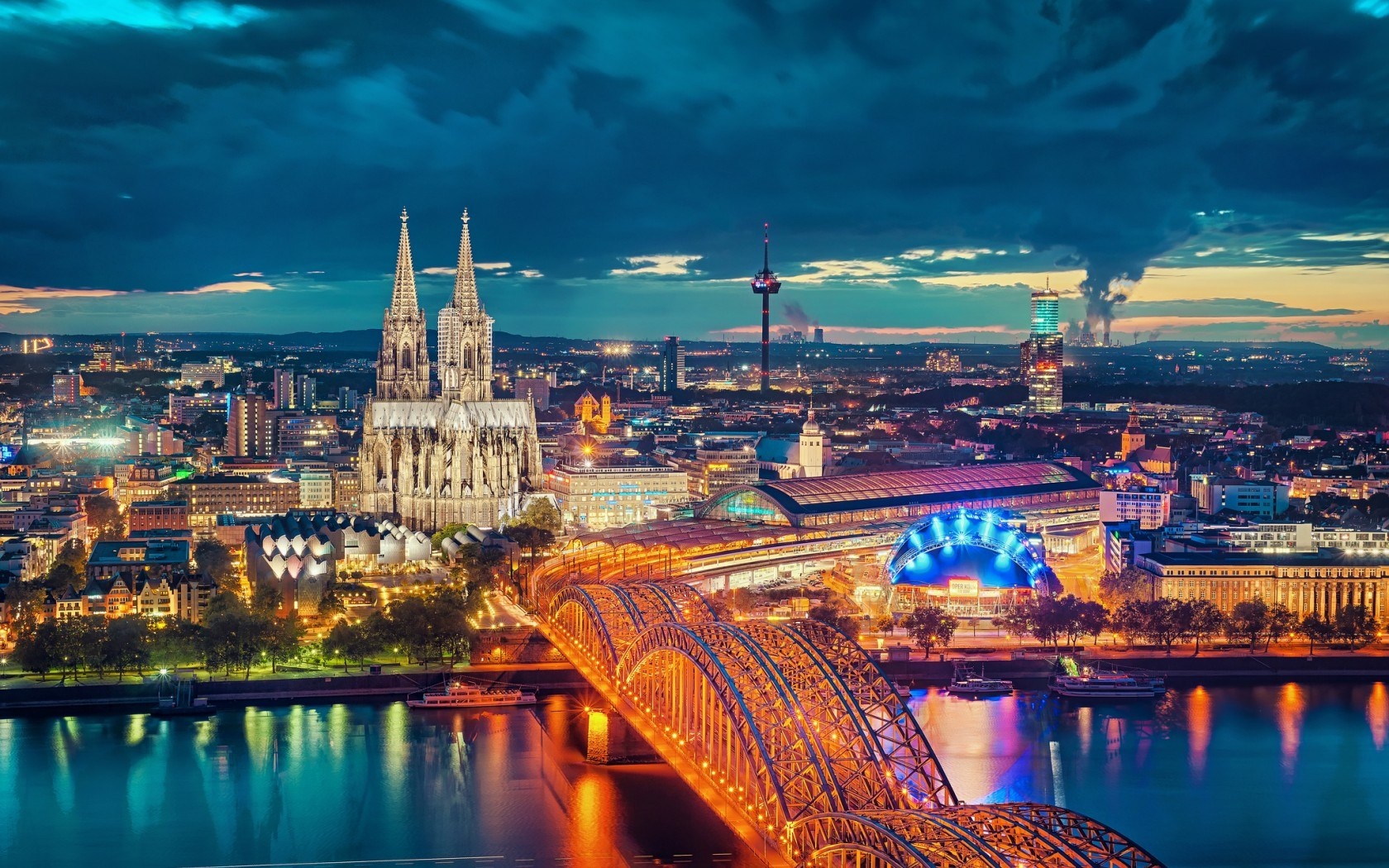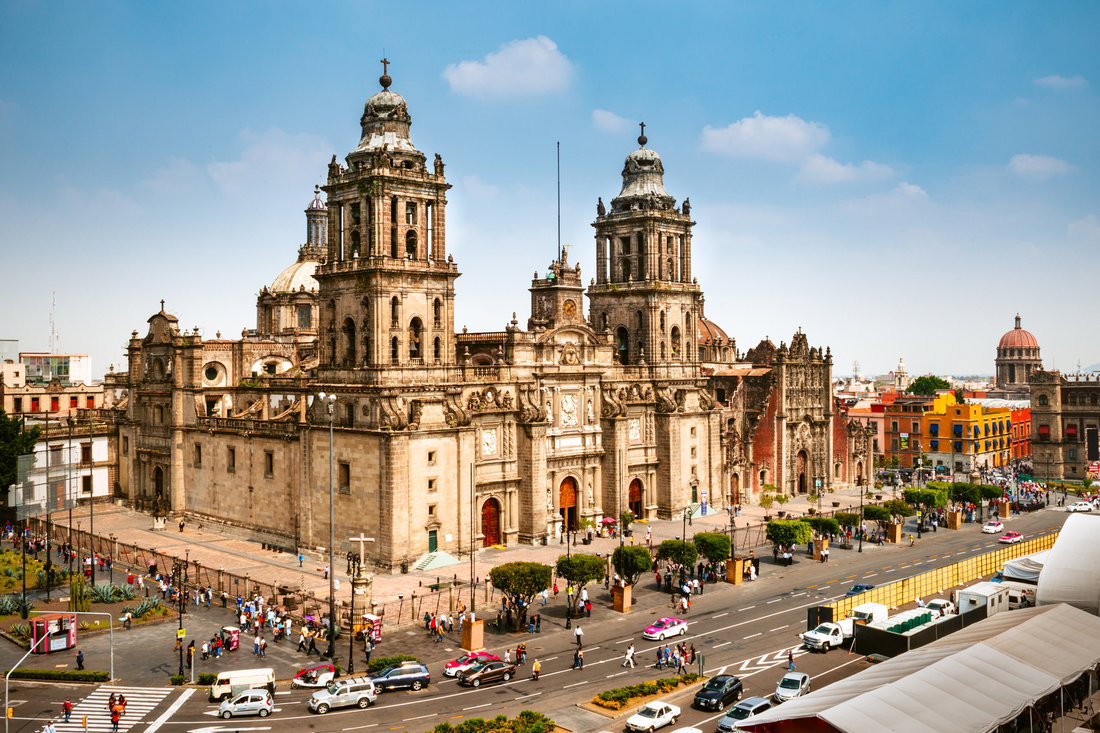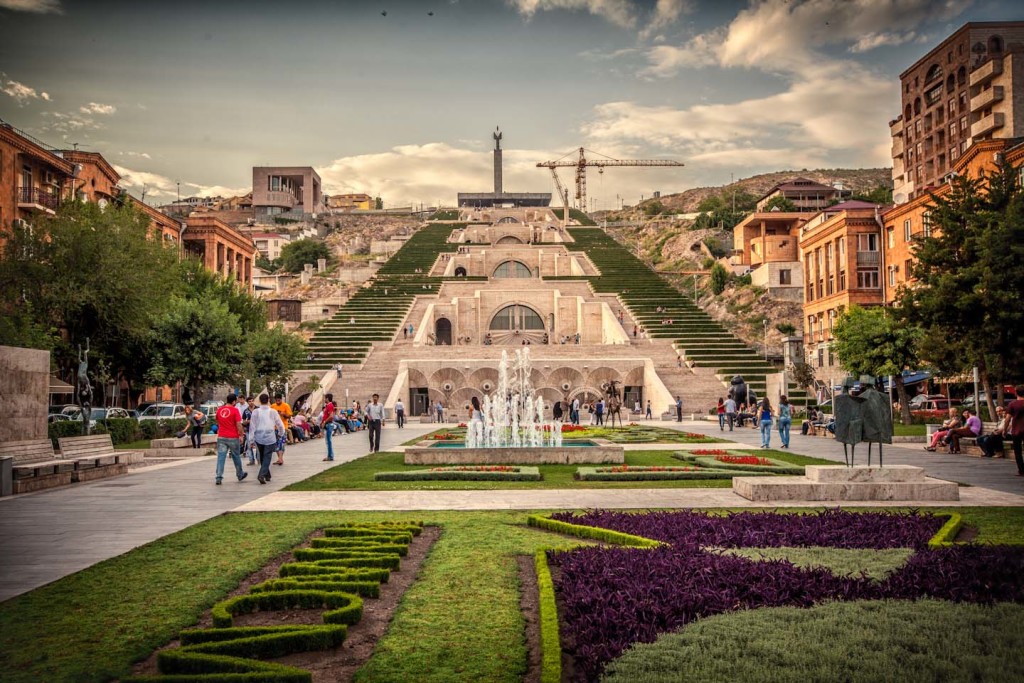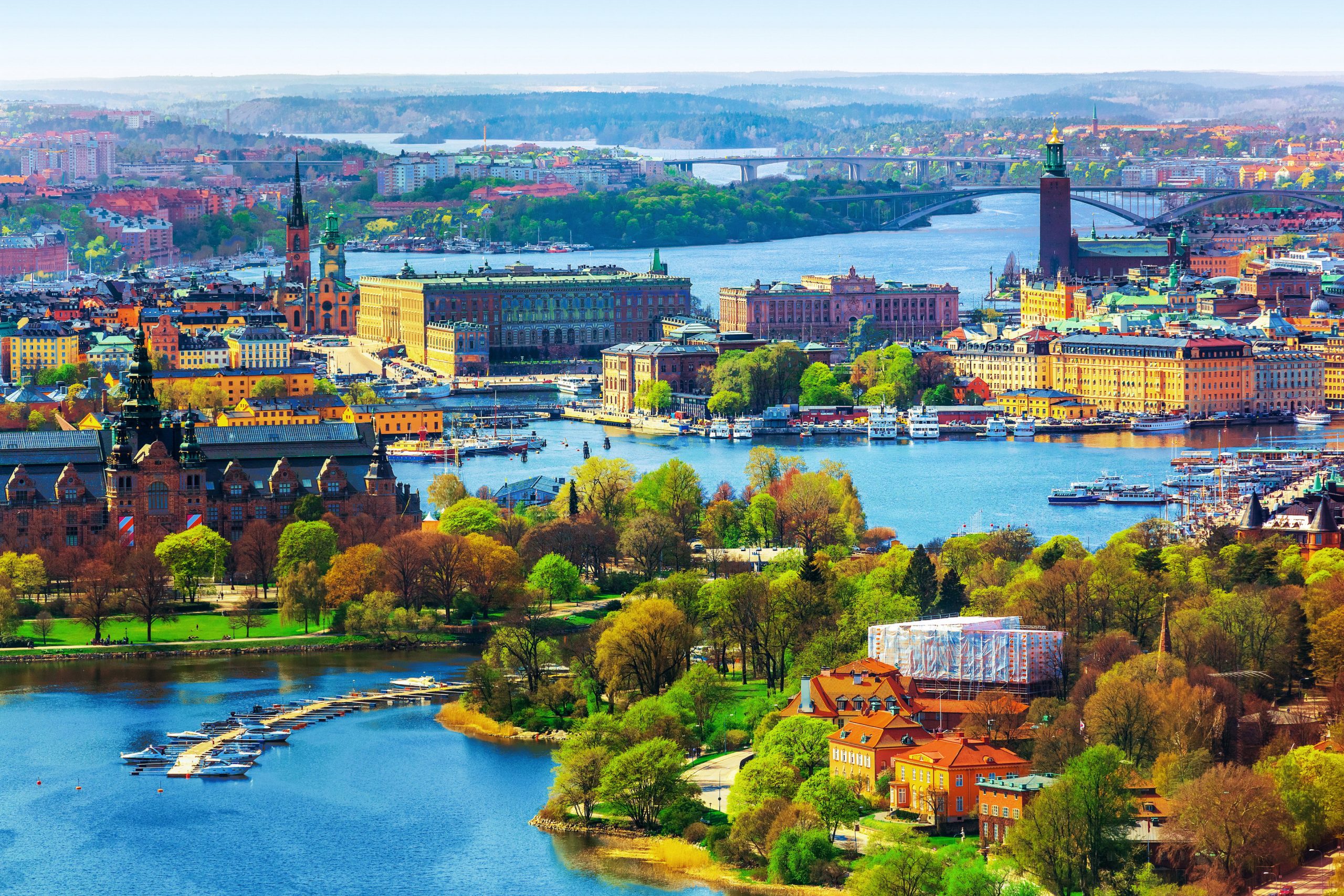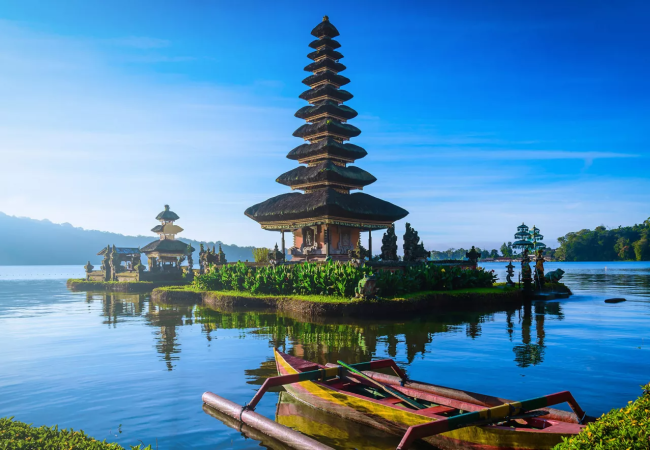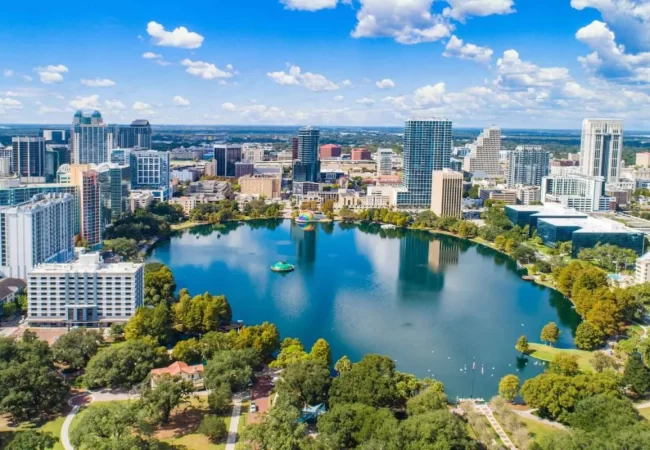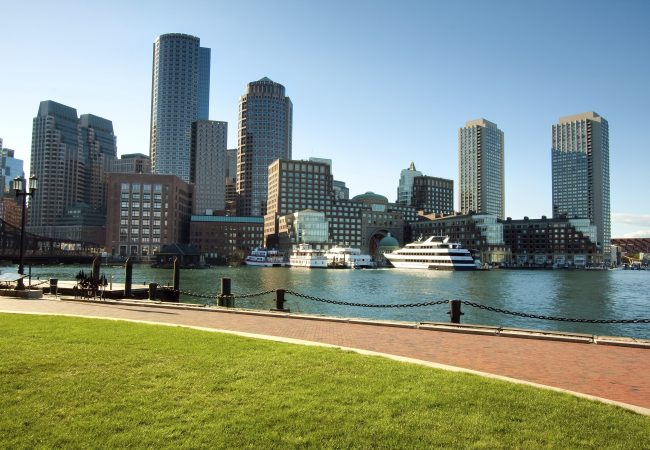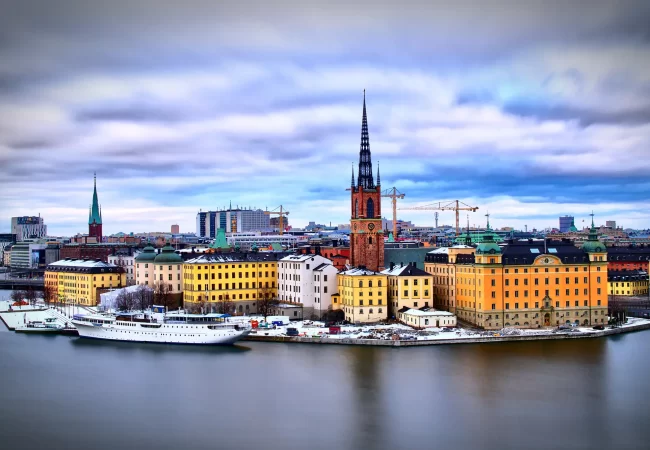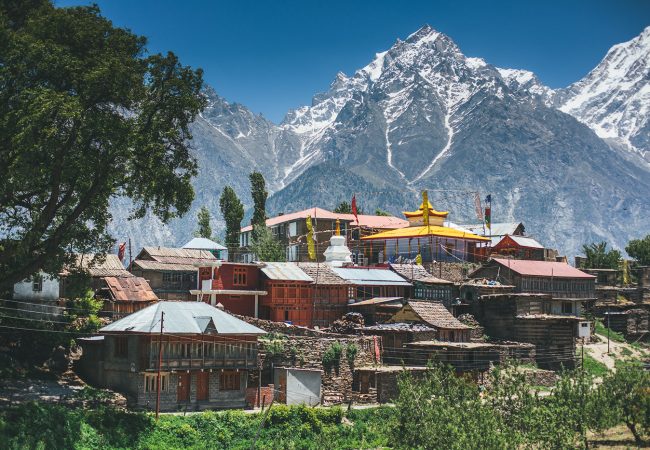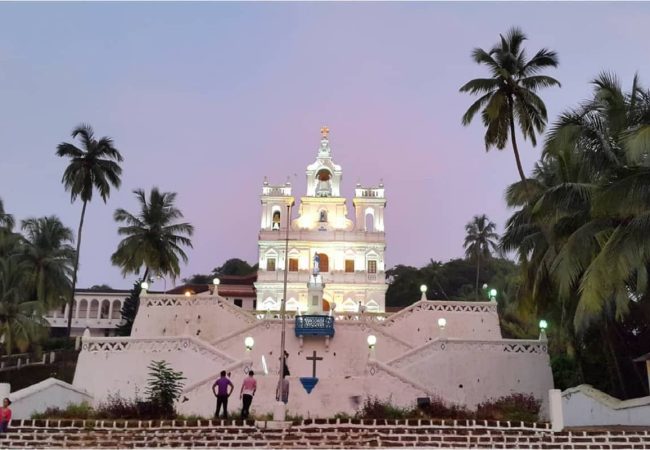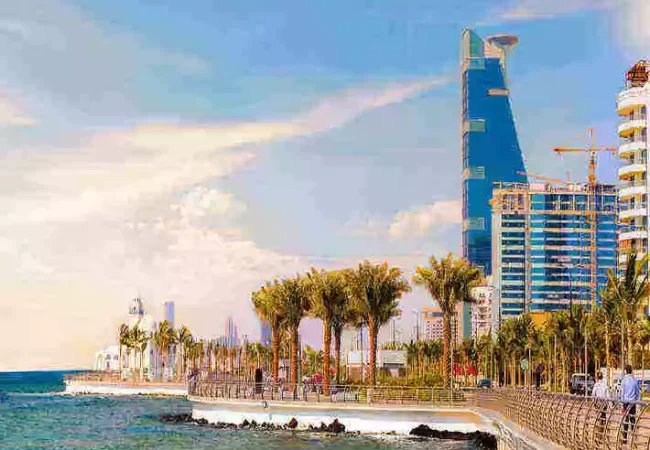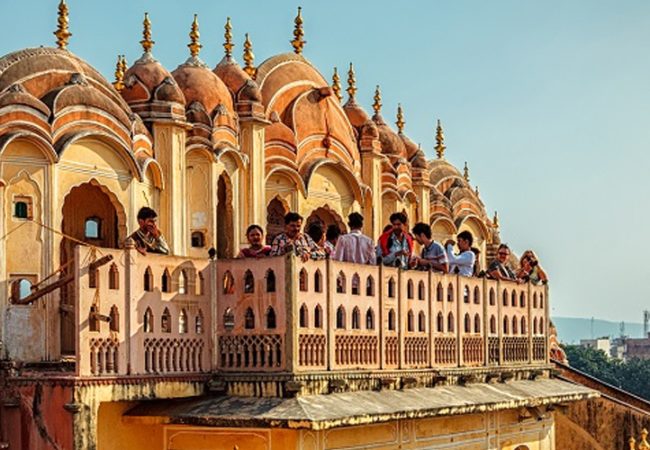Tour Type
info@flyhightravelsuae.com
Saudi Arabia
- Home
- Saudi Arabia
Welcome To Saudi Arab
Location and Geography: Saudi Arabia is located on the Arabian Peninsula in Western Asia, bordered by Jordan and Iraq to the north, Kuwait to the northeast, Qatar, Bahrain, and the United Arab Emirates to the east, Oman to the southeast, and Yemen to the south. It has coastlines along the Red Sea to the west and the Persian Gulf to the northeast. The country is predominantly desert with some fertile areas in the southwest.
Government and Politics: Saudi Arabia is an absolute monarchy, with the King serving as both the head of state and government. The legal system is based on Sharia (Islamic law), and the country follows a conservative interpretation of Islam known as Wahhabism. Political parties are not allowed, and there are limited political freedoms.
Economy: Saudi Arabia has one of the largest economies in the Middle East, largely driven by oil exports. It possesses approximately 16% of the world’s proven petroleum reserves and is the world’s largest oil exporter. In recent years, the government has been pushing for economic diversification and privatization to reduce its dependence on oil revenues and create jobs for its young population.
Culture and Society: Saudi Arabian society is deeply rooted in Islamic traditions and customs. The majority of the population adheres to Sunni Islam, and the country is known for its conservative social norms. The segregation of genders is practiced in many areas of public life. The Saudi culture places a strong emphasis on hospitality, family values, and respect for elders.
Tourism: Tourism is a growing sector in Saudi Arabia, with the government investing in infrastructure and promoting cultural and historical sites such as UNESCO World Heritage sites like Diriyah and Al-Ula. The country also hosts millions of Muslim pilgrims annually for Hajj and Umrah in Mecca and Medina.
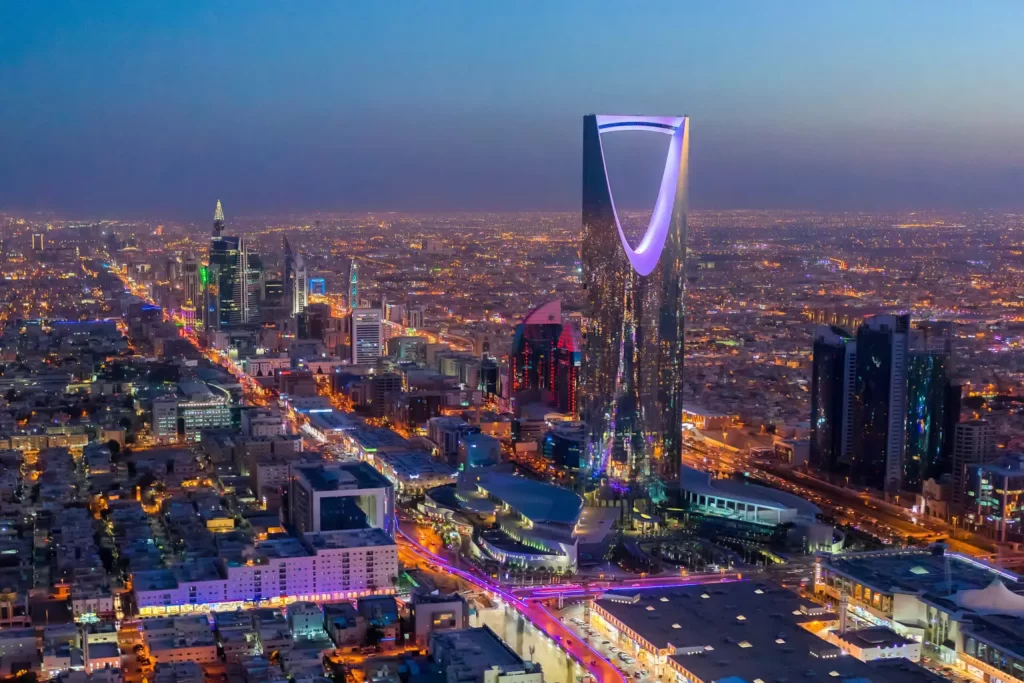
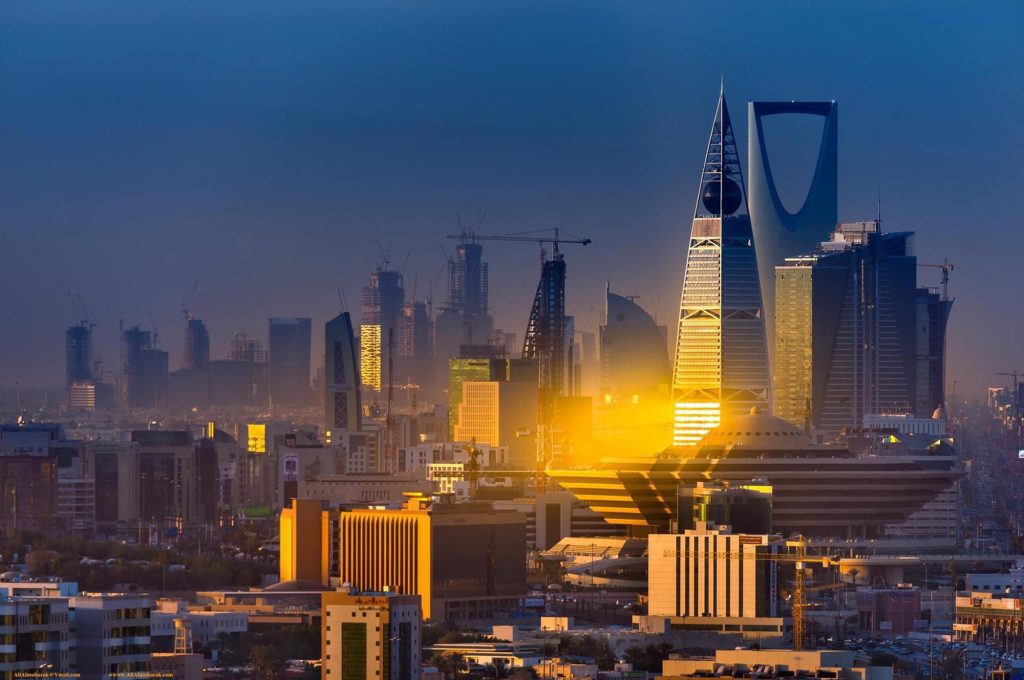
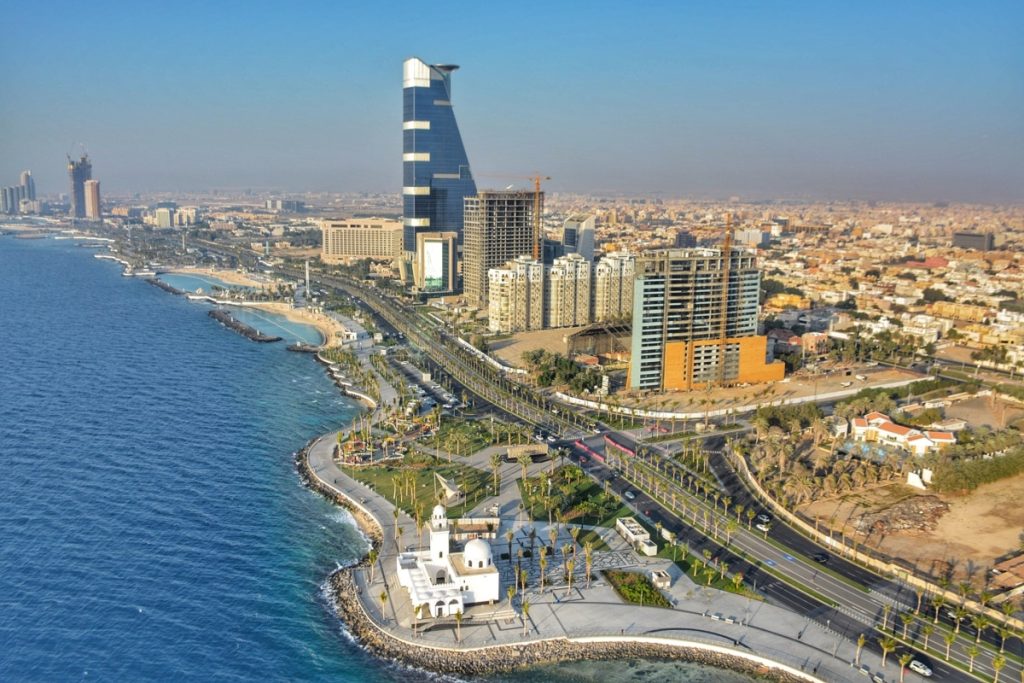
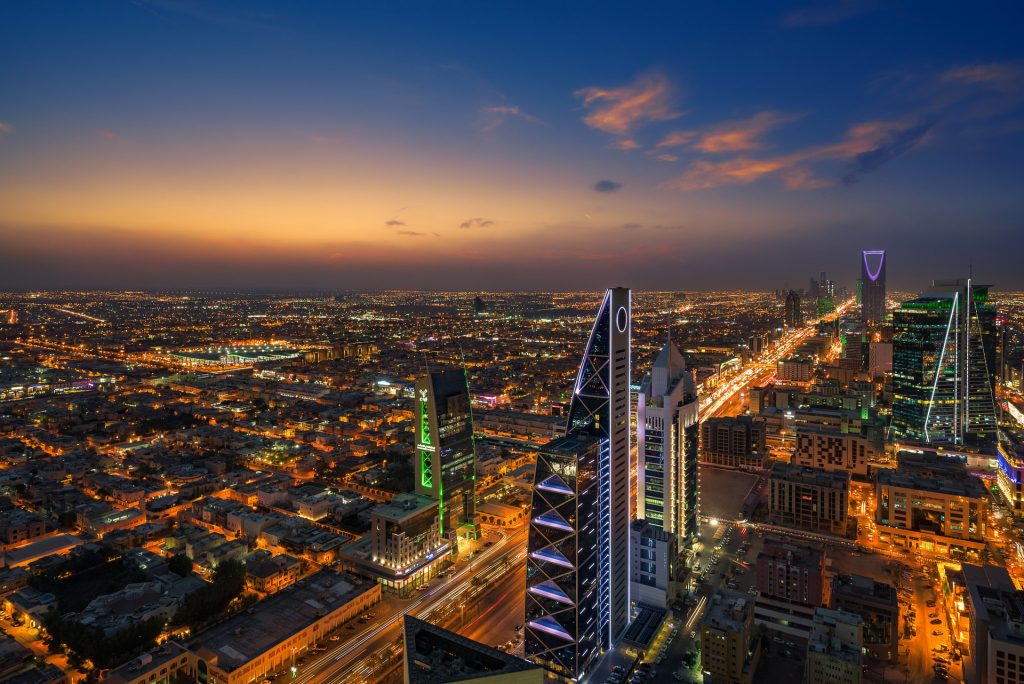
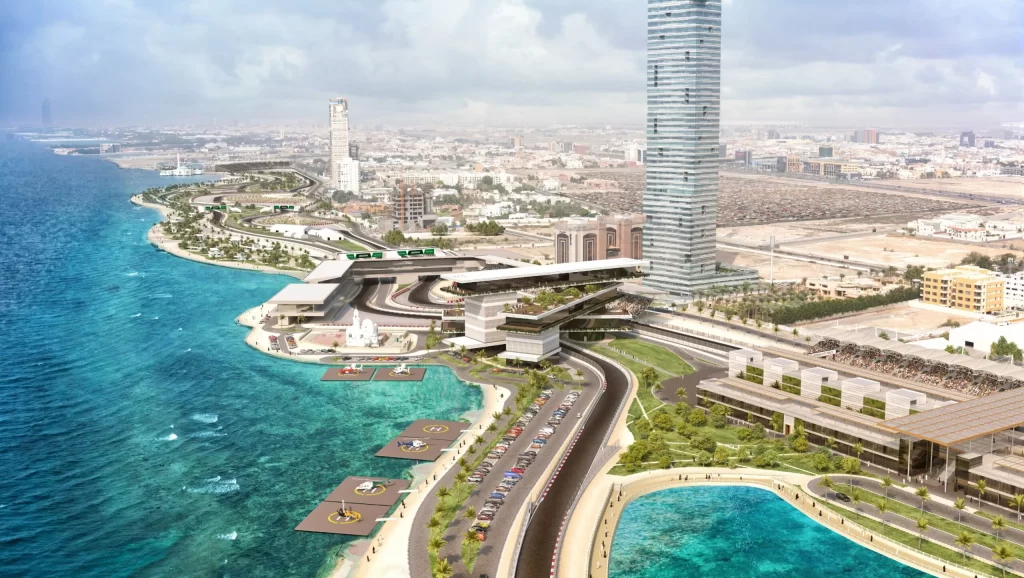
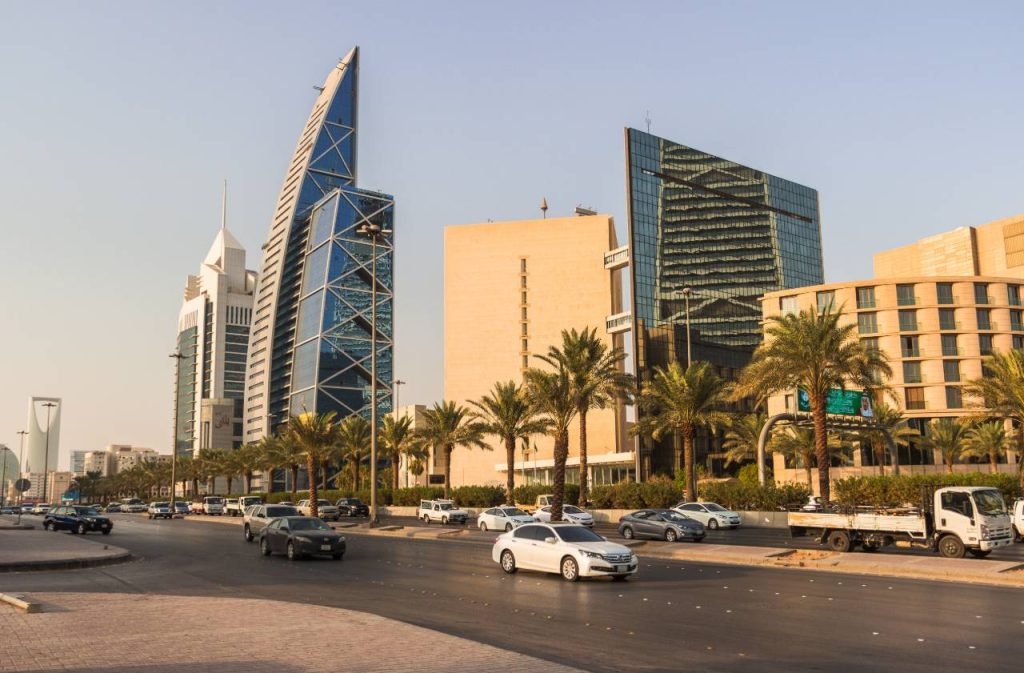
Our Saudi Arabia Packages
Saudi Arab
Riyadh
Arabic
Saudi Riyal
Recommended Package
Starting From:
TAXES INCL/PERS
Starting From:
TAXES INCL/PERS
Starting From:
TAXES INCL/PERS
Starting From:
TAXES INCL/PERS
Starting From:
TAXES INCL/PERS
Starting From:
TAXES INCL/PERS
Starting From:
TAXES INCL/PERS
Starting From:
TAXES INCL/PERS
Starting From:
TAXES INCL/PERS

